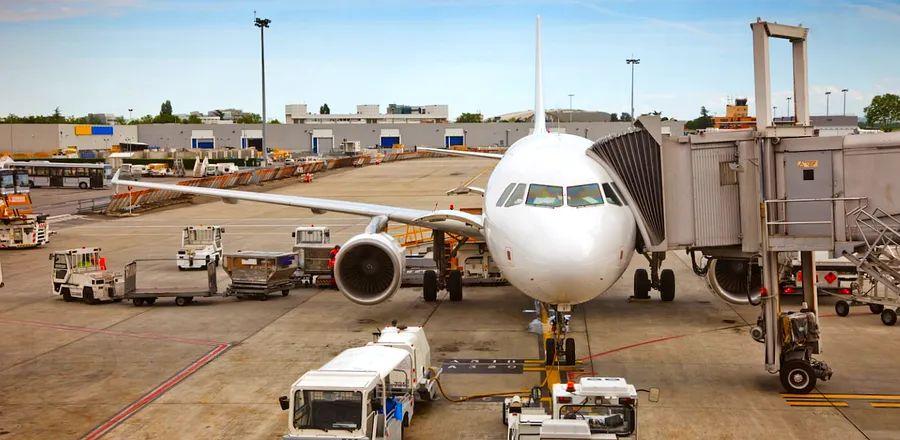Summer Kicks Off with Flight Cancellations as Airlines Struggle

U.S. airlines faced a second consecutive day of massive flight cancellations on Friday as they dealt with storm recovery while accommodating increasing numbers of summer travelers.
By early Friday afternoon in the eastern U.S., airlines had canceled over 1,100 flights, according to flight tracking service FlightAware. This followed more than 1,700 cancellations on Thursday, marking one of the worst days for travel as the summer vacation season intensifies.
At LaGuardia Airport in New York, over one-third of all flights were canceled, while more than a quarter of flights were scrapped at nearby Newark Liberty Airport in New Jersey, as reported by FlightAware.
In addition to LaGuardia and Newark, airports experiencing the highest cancellation rates included Charlotte, North Carolina, a key hub for American Airlines, and Reagan Washington National near Washington, D.C.
The cancellations occurred less than three weeks after airlines began the summer travel season by scrapping around 2,800 flights in a five-day period surrounding the Memorial Day holiday.
Transportation Secretary Pete Buttigieg urges airlines to improve
These cancellations coincided with a virtual meeting between airline CEOs and Transportation Secretary Pete Buttigieg, reflecting the Biden administration's concern over potential airport congestion and dissatisfied travelers this summer.
“I made it clear that we are counting on them to provide reliable service for the traveling public during this time,” Buttigieg shared with NBC News.
During the video conference, Buttigieg requested the CEOs to outline the measures they are implementing to ensure smooth operations throughout the July Fourth holiday and the remainder of the summer, according to a source familiar with the discussion who spoke on the condition of anonymity.
Buttigieg also urged airlines to evaluate their ability to manage the published schedules and enhance customer service, according to the source.
Nicholas Calio, the head of the trade group Airlines for America, stated that industry leaders valued the opportunity to converse with Buttigieg and “discuss our mutual commitment to ensuring the safety and security of all travelers.”
Airlines attribute issues to workforce shortages and weather
Airlines are facing significant worker shortages, particularly among pilots, which is impacting their capacity to operate all scheduled flights. Pilot unions at Delta, American, and Southwest have noted that their airlines have been slow to replace pilots who retired or took leaves of absence early in the pandemic.
This month, two Senate Democrats expressed concerns that the holiday weekend performance “raises questions about airline decision-making.” Richard Blumenthal from Connecticut and Edward Markey from Massachusetts noted that delays and cancellations “are happening so often that they are becoming an almost-expected aspect of travel.”
Airlines attribute delays to adverse weather and the Federal Aviation Administration (FAA), which oversees the nation's airspace as part of the Transportation Department. In a letter to the senators, Calio outlined a lengthy list of FAA-related delays and staffing issues encountered over the holiday weekend.
This spring, airlines have clashed with the FAA over delays in Florida, where air travel rebounded more rapidly than in many other regions. Following discussions with airline representatives in May, the FAA agreed to boost staffing at an air traffic control center near Jacksonville and implement additional changes.
Concerns regarding flight disruptions arise as the number of air travelers in the U.S. exceeds 2.2 million daily. This figure is still about 300,000 less than mid-June 2019 levels, but passenger numbers are expected to rise in the coming weeks, likely surpassing the pandemic-era record set on the Sunday after Thanksgiving last year.
Potential bottlenecks may occur at major airports where international travelers arrive in the United States. Last weekend, the Biden administration eliminated a 16-month requirement for negative COVID-19 tests prior to boarding flights to the U.S., a move anticipated to enhance international travel. United Airlines reported an immediate surge in searches for overseas flights following this decision.

1

2

3

4

5
Evaluation :
5/5